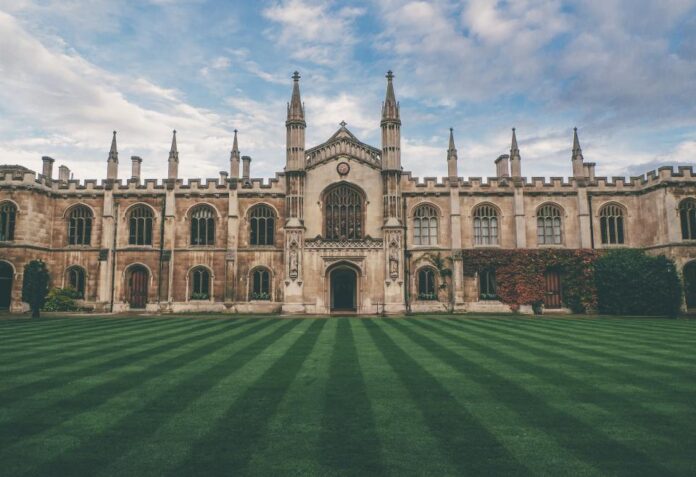IndiGlobal Bureau
The University Grants Commission has drafted norms facilitating foreign universities to set up campuses in India. The student community in India will be able to get best education without going abroad. This move by the government is being viewed as the game changer. It may be noted that every year more than 10 lakh Indian students travel to the USA, Canada, Australia, New Zealand, Ireland and Germany mainly and also other countries such as China, Ukraine etc for higher studies.
The question on everyone’s mind is what are the procedures, how will be the fee structure, what are the programmes that these universities would offer, will big names such as Stanford and Yale set up campuses in India?
The move will also make the education sector more competitive and help in closing the gap between college curricula and market demand. It’s currently ranked 101 among 133 nations in the Global Talent Competitiveness Index of 2022 that measures a nation’s ability to grow, attract and retain talent.
What are the criteria to set up campuses in India
Firstly, the University Grants Commission (UGC) the regulatory body overseeing Higher Education Institutions (HEIs) will need to give permission. The university wishing to open a campus in India would have to be under the top 500 of overall or subject-wise global rankings. Universities, who have secured subject-wise ranking, will be allowed to offer same subjects in their Indian campuses.
This means universities such as America’s Yale, Stanford, Harvard and British institutions like University of Cambridge, Oxford King’s College could all set up campuses in India
The universities will have to offer full-time programmes in physical mode and not online or distance learning.
Admission process
The institutes that come to India will have the autonomy to evolve their admission process and criteria to admit domestic and foreign students, as per the draft norms.“There will be a provision for need-based scholarships in all these universities,” Kumar explained.
The draft regulation does not mention anything about reservations norms for these foreign universities — which means that they will be free to decide if they wish to provide reservation for certain students in their Indian campuses.
Fee & faculty
The UGC, however, has advised keeping the fees “reasonable and transparent.” There will be scholarships too on offer. The universities will have the autonomy to recruit faculty and staff from India and abroad as per its recruitment norms. It may decide the qualifications, salary structure, and other conditions of service for appointing faculty and staff.
However, they shall ensure that the qualifications of the faculty appointed shall be at par with the main campus of the country of origin. It shall ensure that the foreign faculty appointed to teach at the Indian campus shall stay at the campus in India for a reasonable period.
Courses
The foreign institutes coming to India will be allowed to offer undergraduate, postgraduate, doctoral, post-doctoral, and other programmes, and award degrees, diplomas, and certificates in all disciplines.
Moreover, the qualifications awarded to the Indian students on national soil shall be recognised as an equivalent to the corresponding qualification by the institute’s main campus.
Students will have to wait a while for these foreign universities to come to India. The draft has to be finalised and then notified by the government. The good news is that this is expected to be completed in the first half of 2023.
Once approved, the universities will get two years to set up campuses in India and will be granted permission for 10 years. The institute can then apply for an extension one year before the expiry of the period — that is in the ninth year of operations.








